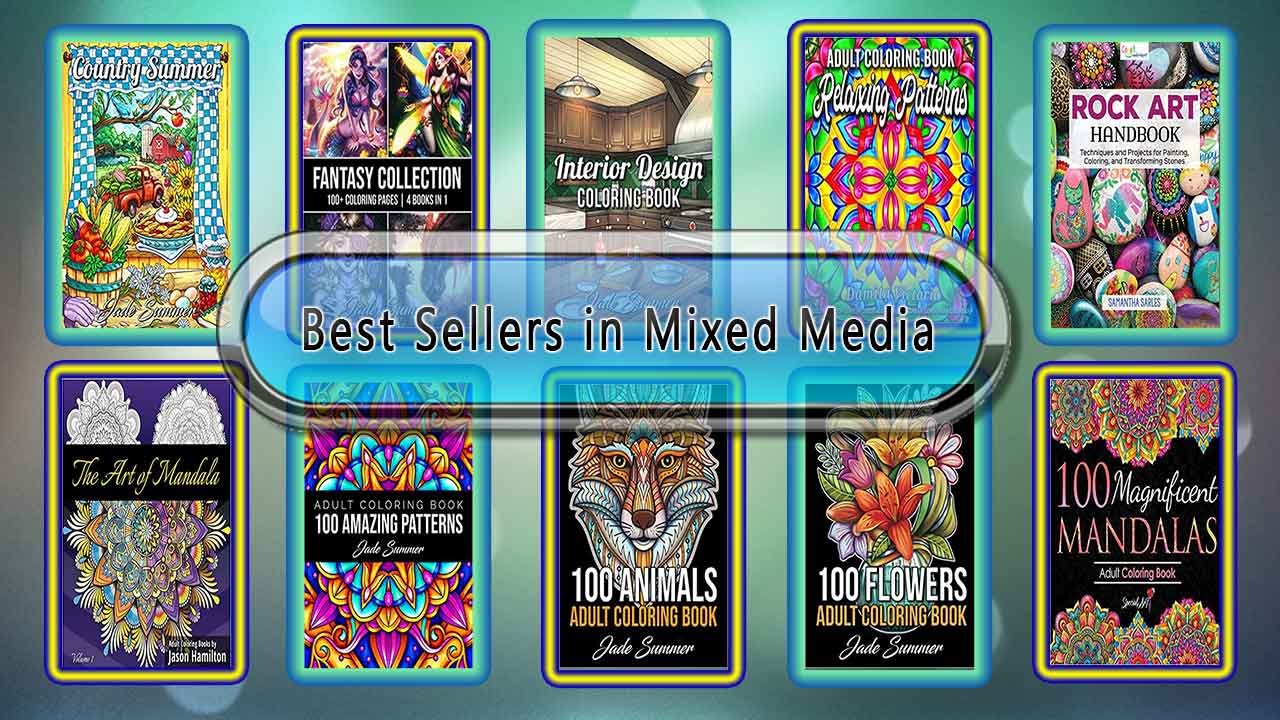Lessons for Aspiring Authors from Margaret Atwood: A Comprehensive Guide
1. Introduction
Margaret Atwood, a Canadian author known for her novels, poetry, and essays, has left a profound mark on the literary world. Her works, including “The Handmaid’s Tale” and “Alias Grace,” offer valuable lessons for aspiring authors.
2. Experimenting with Genres
Atwood’s writing spans various genres, including speculative fiction, historical fiction, poetry, and essays. This demonstrates the value of not limiting oneself to a single genre and instead exploring various forms of writing.
3. Using Social Commentary
Atwood’s works often offer incisive social commentary, reflecting her keen awareness of societal and environmental issues. Authors can learn to incorporate relevant social issues into their works, which can add depth and relevance.
Uncover: Empowering Indie Authors: Craig Martelle’s Lessons – A Comprehensive Guide
4. Crafting Memorable Characters
Atwood’s characters are memorable, complex, and deeply human. Aspiring authors can learn the importance of character development and the creation of multi-dimensional characters that readers can empathize with.
5. Embracing Ambiguity
Atwood often incorporates ambiguity into her stories, leaving readers with unanswered questions to ponder. This can create engaging and thought-provoking narratives.
6. Developing a Distinctive Voice
Atwood’s writing is characterized by a unique voice that blends wit, irony, and a keen observation of human nature. Aspiring authors can work on developing a distinctive voice, making their writing recognizable and engaging.
7. Persistence and Discipline
Atwood’s prolific career speaks to her discipline and perseverance. Aspiring authors can learn the importance of commitment to the craft and the value of consistently producing work.
8. Exploring Futurism and Dystopia
Atwood is known for her dystopian novels, most notably “The Handmaid’s Tale.” This highlights the potential of speculative fiction to comment on current societal trends and extrapolate future scenarios.
Insider: The Howey Factor: A Comprehensive Guide to Applying Hugh Howey’s Lessons as an Indie Author
9. Valuing the Craft of Writing
Atwood has not only written extensively but has also taught literature and creative writing. Her respect for the craft of writing is evident and serves as an inspiration for aspiring authors.
10. Leveraging Technology
Atwood has embraced technology, even using it to write the serialized novel “Positron.” She’s also the co-founder of a remote writing technology called the LongPen. This shows that technology can offer new opportunities for authors.
Fascinating: The Indie Author’s Playbook: A Comprehensive Guide to Thriving in the Publishing World
Checklist for Learning from Margaret Atwood’s Success
- Experiment with different genres.
- Incorporate social commentary in your writing.
- Work on crafting memorable, multi-dimensional characters.
- Don’t shy away from ambiguity in your stories.
- Develop a distinctive voice.
- Embrace persistence and discipline in your writing.
- Consider exploring futurism and dystopia.
- Value the craft of writing and continually hone your skills.
- Embrace technology and its potential in the writing process.
Conclusion
Margaret Atwood’s prolific and influential career provides a wealth of inspiration and practical lessons for aspiring authors. From her mastery of genre and character development to her engagement with social issues and embrace of technology, Atwood demonstrates the vast possibilities of the written word. Emulating these aspects of her career can provide a pathway to creating meaningful and impactful literature.
Surprising: Mastering the Book Launch: A Comprehensive Guide for First-Time Authors
Captivating: The Author’s Guide to Film Adaptations: A Comprehensive Guide to Pitching Your First Book









